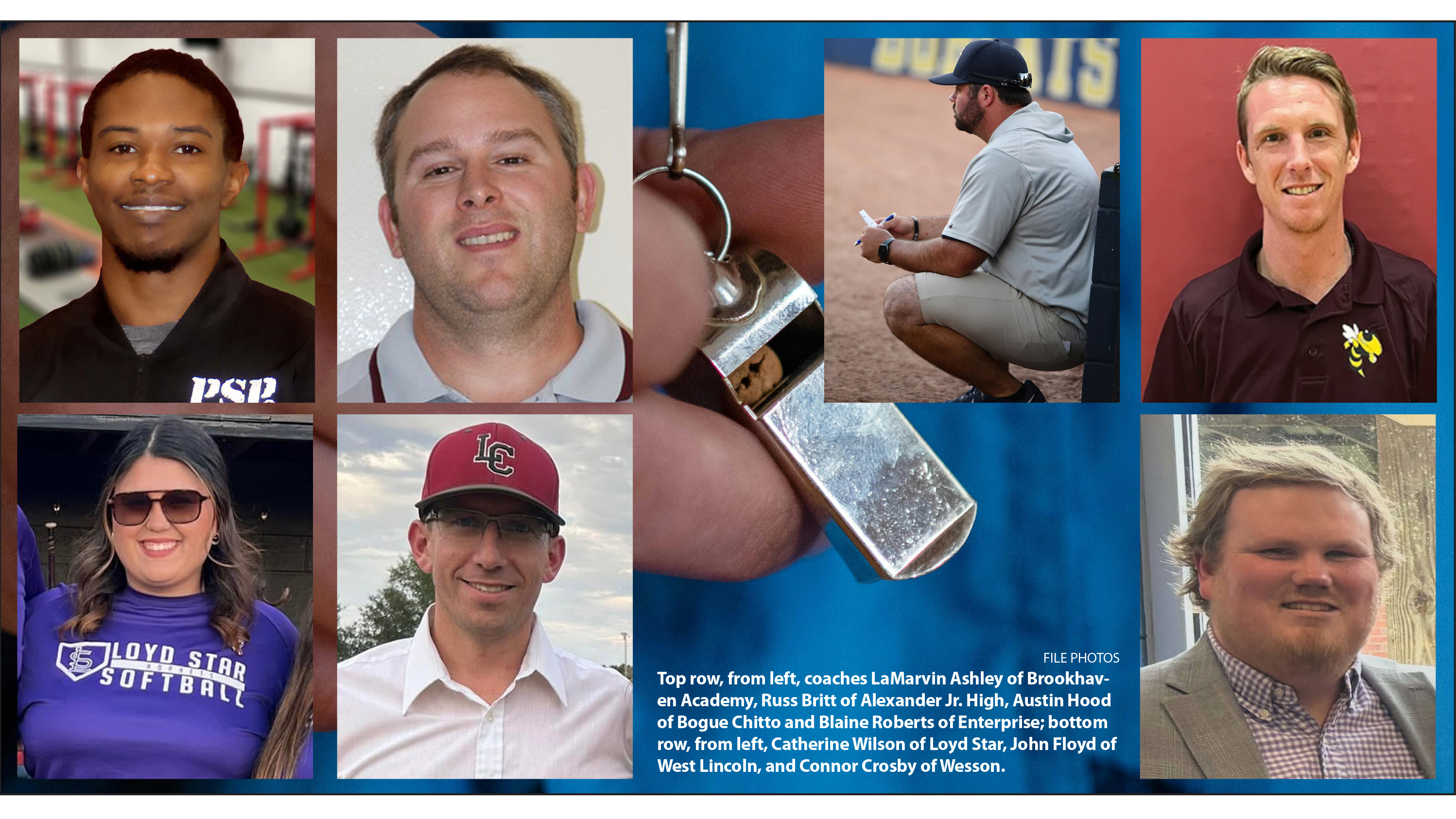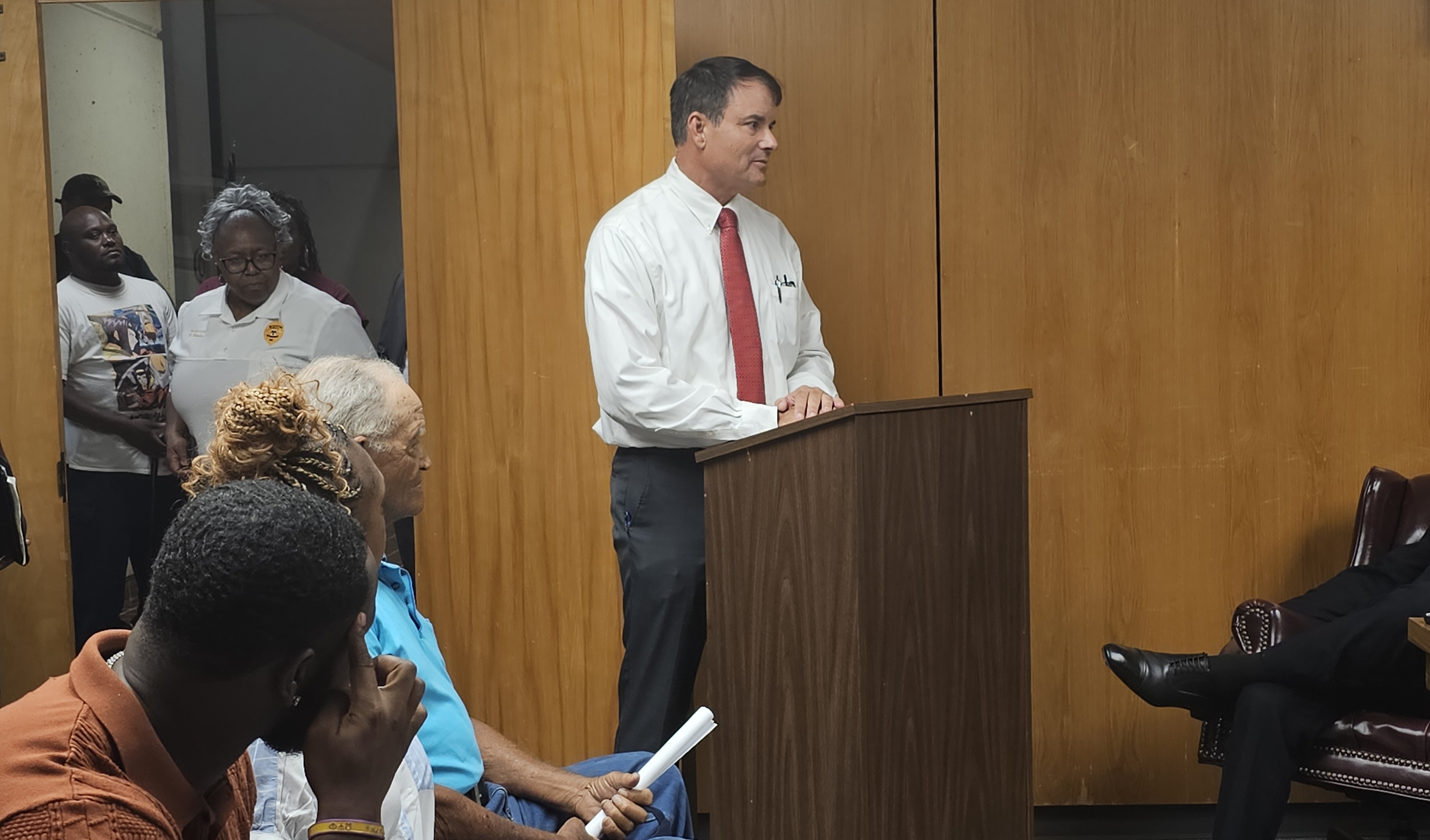Elections don’t always run according to calendar
Published 6:21 pm Monday, September 30, 2019
Elections usually end when the calendar says they should, but sometimes they go into overtime.
In one Mississippi Senate race on the Gulf Coast, a Republican primary that started in August won’t be resolved until the Nov. 5 general election because a judge ordered a new round of voting in a few precincts.
In another Senate district that stretches from the Delta down into the Jackson suburbs, the race could remain in limbo after the general election because the district itself is the subject of a court fight that will carry over into next year.
And if nobody wins a clear majority of votes for governor or other statewide offices, those races could extend into January, when the Legislature is back in session.
The Mississippi Constitution says that to win a race for statewide office, a candidate must receive a majority of the popular vote and must win in a majority of 122 state House districts. If nobody achieves those two things, the race is decided in the state House.
Mississippi is the only state with this kind of multipronged requirement to become governor. The state’s 1890 constitution was written when the white politicians across the South were enacting laws to erase black political power that had been gaining during Reconstruction.
With multiple candidates running for governor in 1999, neither Democratic Lt. Gov. Ronnie Musgrove nor Republican former U.S. Rep. Mike Parker received more than 50% of the popular vote. Musgrove and Parker, who are white, each won 61 House districts. The governor’s race was decided in January 2000 by what was then the Democratic-controlled House. Musgrove won, with some representatives saying they voted for him because he had received more of the popular vote than Parker.
The legislative district that’s the subject of a court fight is Senate District 22, which stretches from predominantly poor and African American parts of the Delta into some affluent and mostly white parts of Madison County, just north of Jackson.
African American plaintiffs sued the state in July 2018, saying District 22 was 51% black but lacked “real electoral opportunity” for black voters to elect a candidate of their choice. U.S. District Judge Carlton Reeves agreed in February, and legislators redrew District 22 and an adjoining district in March, swapping some precincts to increase the black voting age population to 58% in District 22.
Candidates qualified to run in the newly composed District 22.
On Aug. 1, three judges from the 5th U.S. Circuit Court of Appeals agreed with Reeves’ ruling, but state attorneys asked the full appeals court to consider the case. The appeals court said last week that arguments are tentatively set for the week of Jan. 20.
The Nov. 5 ballot, meanwhile, will list two candidates in District 22 — former Sen. Joseph Thomas, who is one of the plaintiffs in the lawsuit; and Republican Hayes Dent. Both have ties to Yazoo City.
The unfinished Republican primary is in Senate District 50 in Harrison County. Biloxi City Councilwoman Dixie Newman originally was certified as the winner by a single vote over state Rep. Scott Delano. He challenged the results, and a judge ordered a new round of voting in the five precincts that are split between District 50 and another Senate district. People who voted in the District 50 Democratic primary in August are prohibited from voting in this Republican primary do-over.
The District 50 winner will be determined by adding the votes cast Nov. 5 with the votes cast in August in precincts that are not split. Because no other candidates are running, the Republican primary winner will get the four-year term.
Both of the Senate races will replace incumbents who didn’t run this year.
Emily Wagster Pettus has covered Mississippi government and politics since 1994.
Follow her on Twitter: http://twitter.com/EWagsterPettus .




